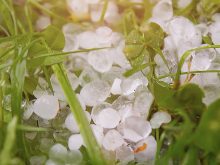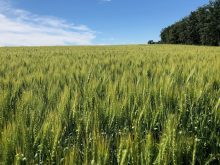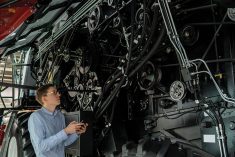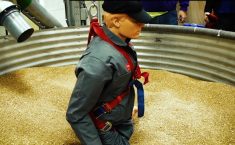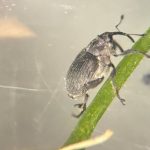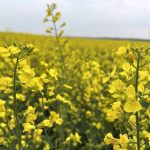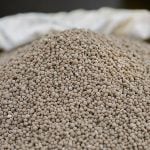Bailey Kemery knows how quickly a farm accident can happen and change a life forever.
It was April 1994, and Kemery, who was four years old, was playing on a parked tractor-driven rototiller that was still running on her family’s grain farm near Major, Sask. Her parents were standing not too far away. When the machine shook itself into gear, Kemery suddenly fell backward into the blades.
The incident resulted in critical injuries across Kemery’s body, which required numerous surgeries and extensive rehabilitation, and left her with lasting physical challenges and emotional trauma.
Read Also
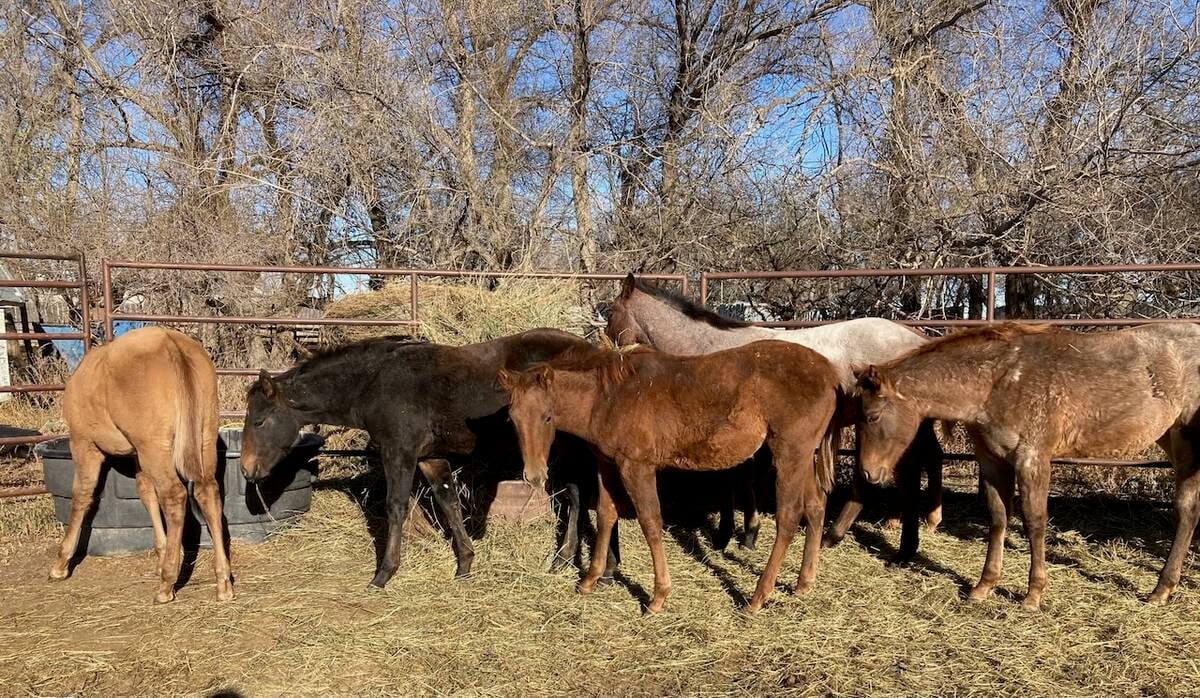
Fall clean-up and bringing animals home at the Eppich ranch
Winter is approaching which meant emoving old fence rows and bringing livestock home before the cold and the snow at the Eppich family ranch.
“When you hear stories of farming accidents, people are absolutely devastated when it happens, but then a week later, they’ve moved on. For the people it has happened to, it is a life sentence,” Kemery says. “It’s not a one-day event that you just move on from. I will never move on from this, and my family will never move on from it. This is life-changing and lifelong.”
Kemery knows her situation is unique in that she can talk about her experience. “More often than not, people do not survive those sorts of accidents,” she explains. That’s a key reason Kemery became a vocal farm safety advocate, noting that speaking publicly about her accident became therapeutic and a way to help cope.
“People always think ‘It’s never going to happen to me.’ I’m sure my parents thought that as well,” she says.
Despite the accident, Kemery remains close to her family’s farm, where she and her husband raise their three kids. While she says the family farm is a great place to raise kids, she quickly points out that it can also be dangerous if precautions aren’t taken.
“I always ask people if they’re prepared to be responsible for their child or grandchild’s life. Sure, something may never happen, but it just as likely could. And then what?” says Kemery, who also works off the farm in emergency management, providing various industries with first aid and CPR training and emergency preparedness plans.
“Whenever I hear someone say ‘I did it that way and I survived,’ I remind them that’s survivor bias. You were lucky. But had you got into an accident, this would be an entirely different conversation.”
Part of taking precautions, Kemery says, is involving children and youth in conversations about farm safety and being honest with them about the potential dangers on the farm.
“I believe in talking about everything and not hiding my kids from knowing about things that will hurt them. It’s so important to not shy away from having those conversations about how they can get hurt if they do something. We need to normalize farm safety and be honest with kids,” she explains.
“We don’t give kids enough credit. They are intuitive, smart little beings. And they want to learn. Involving kids in farm safety gives them a sense of belonging and it gives them a role. Everyone has a role on the farm and their role is to stay safe, which is huge.”
That open and honest approach to farm safety extends to her own accident. Kemery says her kids know about her accident, and when they ask questions, she is truthful with them about what happened and why.
“I can’t hide it from them; I’m covered in scars. They ask what happened and I tell them I was run over by a tractor. When they ask why, I explain that I wasn’t where I should have been and I got really, really hurt,” Kemery says.
“Why shelter them from it? Giving them the truth isn’t going to traumatize them. What will traumatize them is having to cope with an injury as a result of not having open and honest conversations about safety.”
Many parents struggle with where to start with teaching their kids about farm safety, which can lead to overcomplicating or ignoring safety lessons. A valuable resource Kemery found for teaching her children about farm safety is the BASF Safety Scouts, designed to engage little ones in learning about farm safety.
“We want to do right in keeping our kids safe, but as parents, we don’t always know what to say or where to start. The Safety Scouts program takes care of that uncertainty,” Kemery explains, adding with a laugh that her three-year-old son thought the safety vest that comes with the kit was the “bees’ knees.”
“Excluding kids from being involved with the farm can be dangerous because they want to be involved and they are going to find a way, whether you’re involved or not. So instead of ignoring it, it’s important to guide that involvement to make sure it’s as safe as possible. The Safe Scouts kit helps achieve that and helps kids visualize their role on the farm.”
Kemery notes that parents can also benefit from the program, as it provides new perspectives on farm safety.
“There were hazards included that I had never really considered, so, as a parent, it made me stop and think. And that’s important because we’re never too old or experienced to learn something new,” Kemery says. “That’s how things evolve and change for the better.
As the saying goes, ‘Rome wasn’t built in a day,’ and the same notion applies with instilling farm safety. When it comes to farm safety lessons, as Kemery points out, repetition and patience are crucial.
“Farm kids are still kids. And because they’re kids, they’ll probably forget some of it, so be patient and remember that repetition is the best way to create success for farm safety,” she explains. “Having patience for kids who are learning is key. Don’t make them afraid of failing or afraid to ask for help and instead end up in a dangerous situation. Because how is that better?”
Kemery is candid when she says the trauma from her accident will never go away, noting that there’s no end to the hardships and pain she has to navigate. “That’s my life and the reality of the situation; there will always be trauma.”
That’s also why she continues to advocate for farm safety and strives to teach others how a single choice can affect the rest of their lives and their children’s lives.
“I tell people to think about the fact that an oversight could decide the fate of your child’s well-being. One decision that was made, and it wasn’t malicious or anything, but that one decision changed my life,” she explains.
“I still believe that growing up on the farm is one of the most rewarding experiences that a person could offer their kids. And embracing safety helps make the most of that experience.”
Kids FarmSafe Week is a new public awareness campaign hosted by the Canadian Agricultural Safety Association with the aim of promoting the safety and wellness of children and youth on Canadian farms. For its inaugural year, the campaign took place May 13-19, presented by BASF Canada Agricultural Solutions. More information can be found online.




